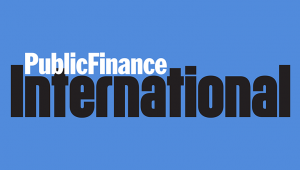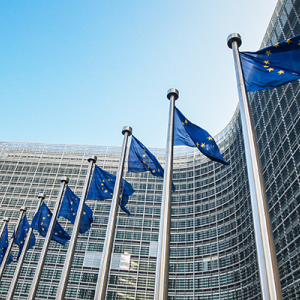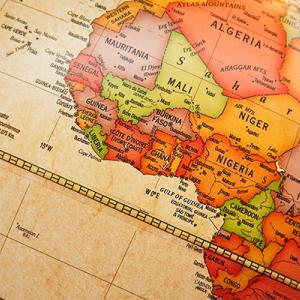By Richard Johnstone | 3 September 2013
Governments across the world have been urged to implement a number of improvements to global development programmes when the existing Millennium Development Goals are replaced in 2015.
In a series of briefings published today examining what a post-2015 development framework should look like, the Institute of Development Studies said that, although the MDGs had concentrated global development, further progress could be made.
The eight goals, which range from halving extreme poverty to halting the spread of HIV/AIDS and providing universal primary education, were agreed through the United Nations in September 2000. New goals to replace these when they expire are currently being developed by the UN.
Publishing the briefings today, research associate at the IDS Richard Jolly said implementation of the MDGs had been held back by poor coordination between different aims.
‘They failed to address environmental, economic and social challenges in an integrated way and did not reflect the views and experiences of those they were designed to help.’
Building on the successes of the goals and learning from the mistakes will be crucial to future progress, both now and beyond 2015, he added.
Among the examples highlighted by the institute, progress towards two goals – to improve water and sanitation and gender equality – had been limited due to the way the current framework dealt with issues in silos. These have been treated separately from the aims to ensure environmental sustainability, and to achieve universal primary education, for example.
Such an approach has also meant the MDGs have not been coordinated with other international targets, running the risk of duplication or poor value for money.
The successor goals should be used to reinforce the ambitions of existing international agreements. These include the gender equality statement set out in the Convention on the Elimination of all Forms of Discrimination against Women and the Universal Declaration on Human Rights. The World Health Assembly’s global targets should also be incorporated in the post-2015 deal, not duplicated.
The think-tank also called for greater participation in formation of the new aims by the countries where they will have the biggest impact.
In one of the briefings, President Joyce Banda of Malawi stated that the country’s inability to modify the goals based on domestic circumstances was a significant shortcoming.
‘We are all racing towards achieving education for all by 2015. But did we have classrooms in Malawi? Did we have desks? Did we have teachers? The MDG demands that we get as many children as possible into school – but what about quality?
‘[The] positive effect is that more children are going to school, but the negative effect is whether they are learning anything. I have never seen children as they are now, where they can go through primary school and not be able to read. The teacher has 250 students, and there is no way [that] so many can learn…I am troubled.’
IDS director Lawrence Haddad said the briefings should act as a ‘much-needed and timely reality check on the impact of the MDGs’.
He added: ‘It offers some practical suggestions on how existing targets can be met and how lessons from the existing framework can help inform development post-2015. Broader participation, greater cooperation and better coordination are absolutely fundamental to the transformative change that is required.’












